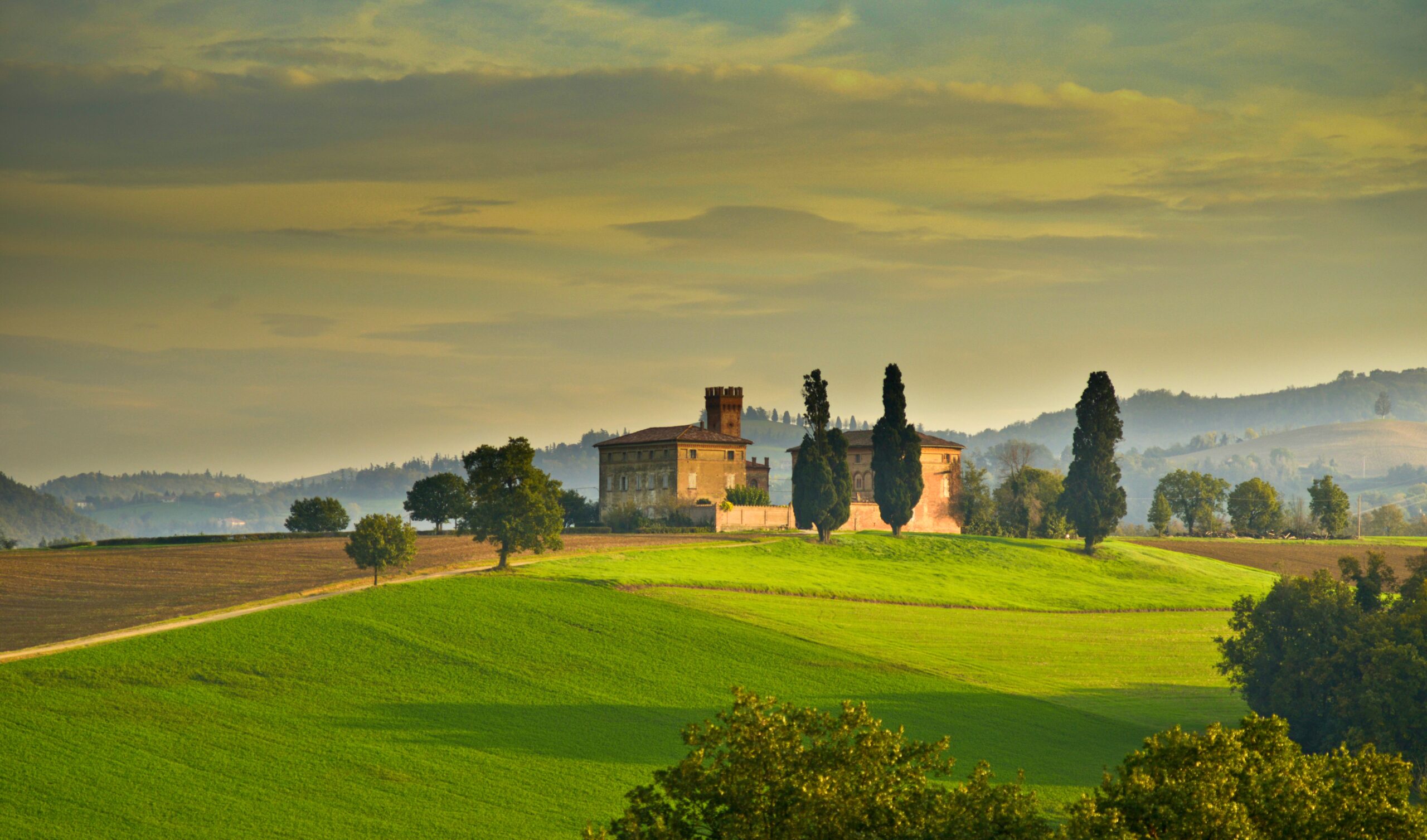One of the reasons I personally switched from 5e to Dungeon World was because of DW’s use of a Creative Commons license, which meant that—while the game text was copyright—re-use was granted along with certain obligations (e.g., attribution).
This commons is probably far larger than you think, with many systems and much third-party content available to adapt.
Normally I write about DW hacks, all of which but Chasing Adventure are licensed under the Creative Commons: Fantasy World, Freebooters on the Frontier, Homebrew World, Stonetop, Unlimited Dungeons, Urban/Modern/Fantasy. However, there are a lot of other PbtA games that have been released under Creative Commons licenses as well: Fellowship, Happiest Apocalypse on Earth, Impulse Drive, Ironsworn, Masks, Starforged, Thirsty Sword Lesbians, Uncharted Worlds, Undying, Worlds in Peril, and many more.
Of course, not all PbtA games are available this way; many are strictly copyright. Ironically, Apocalypse World itself is copyright and not available under Creative Commons. (Although Vincent Baker is considering an Apocalypse World SRD.)
And many (but not all) third-party accessories for Creative Commons games are also so licensed. I’ve not seen an estimate of the size of the DW commons, but I’d think it was a vast majority of all DW material: perhaps 80% of the “nearly 400 third-party Dungeon World playbooks, 165 compendium classes, 8,000 monsters, 600 supplements, and 100 adventure starters.”
While Creative Commons is manageable and flexible, you need to sort by license and link to each. Check out two of the three pages of credits in Fantastic Worlds for an example.

As a result of all these contributions to the PbtA commons, you can legally compile your own RPG using Creative Commons materials. You’ll need to adapt the material, of course. You’ll need to translate stats to the attributes you use, and if you’re not using 2d6 (use dice pools instead!) you’ll need to translate to your core mechanic. There may be other subsystems that you need to adapt or delete (e.g., Freebooters’ attribute drain, Ironsworn’s momentum, etc.). And Class Warfare gives you an entire framework for creating playbooks, drawn from many early playbooks from the DW commons.
Nor are you limited to PbtA games, though adapting material from Creative Commons games like Cairn will take more work.
Keep in mind the restrictions of the particular Creative Commons license used:




Some material may need to be excluded if you make a commercial version of your game. While I don’t charge for Fantastic Worlds, I do list the content that you would need to remove if you wanted to make a version of it that you charged for.
And do the community a favor and release your own new material under the Creative Commons as well.
While revoking the OGL would have lead to a tragedy of the commons, in the PbtA sphere at least you can find a comity of the commons.
Update: On January 27, Wizards of the Coast published the 5.1 SRD (System Reference Document) with a Creative Commons CC-BY-4.0 license, meaning that over 240,000 words used to describe 5e rules can be incorporated into your own games legally and without fee. For one example of what’s possible now, see this mashup of World of Dungeons and the 5e skill system.
Photo by Stefano Zocca on Unsplash.


You must be logged in to post a comment.